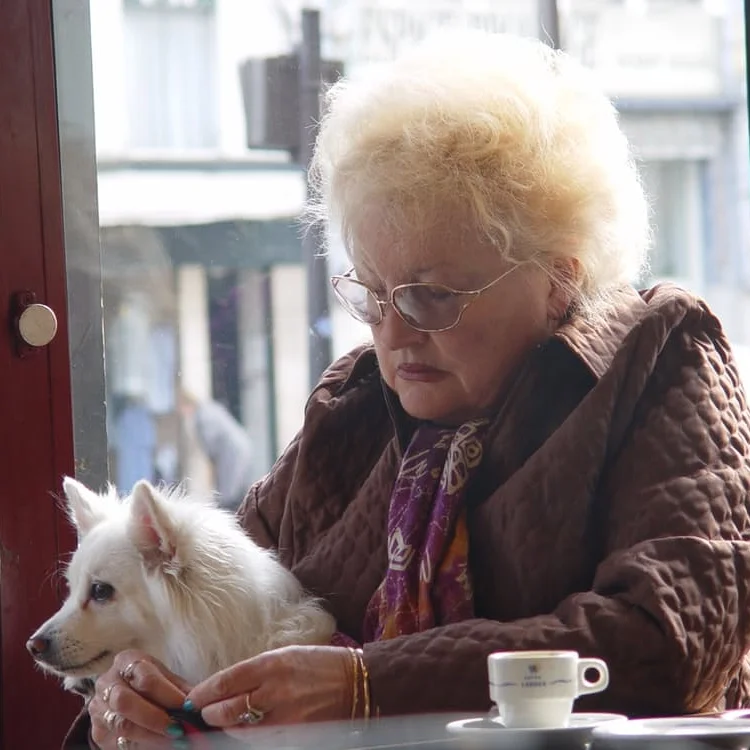In our last blog, we talked about the stress of moving and some of the common ways to work through it. Today, we’re going to talk about relocation stress syndrome (yes, it's a thing), who is affected and how to prevent it.
Relocation stress syndrome, or RSS, is a condition which hits the elderly people often when they’re moved from a home where they’ve lived for years.
The symptoms of RSS mimic the symptoms of dementia so closely that sometimes it’s hard not to think the beloved senior has dementia. They can be angry, struggle with focus, don’t think clearly, and are indecisive. Dementia, right? Not always.
One of the hardest things is when a senior is forced to give up their pet. This should be avoided whenever possible.
This is not to say a senior doesn’t have dementia; it’s just not as likely for a senior to suddenly suffer from dementia at the same time they move.
So, how can a family help, especially if the move was a necessary one? Some things which will lessen RSS:
Choices
Continue to allow the person to make as many of his own decisions as possible. One of the hardest things to do is to allow a person to make their own mistakes. But, if you start making arrangements for a senior who is mostly of sound mind, then there’s no reason in the world why someone else shouldn’t make decisions like that for you. Bad judgment is a human characteristic, and just because you don’t like something doesn’t mean it’s wrong for the senior. (If you have supreme confidence in your superior judgment skills, please take a moment to review the hairstyle you wore in the eighties.)
Feelings
Anyone who moves has a rickshaw full of feelings about it, but for a senior, it can be even worse because they may be moving from what they thought was their forever home. Almost 90% of seniors say they want to ‘age in place,’ and moving them out of their family home and into a dinky room at a care facility is a slap in the face to that thinking. Even though they may be certain it’s the right move, their old life is scrapped, and they’re still going to have a lot of feelings about it. Let them feel without minimizing it.
Recreate home
Many of the things seniors own are the result of a life’s accumulation. Some of the stuff they own was chosen with great care and loved long and hard. Especially if moving the senior involves the loss of their spouse, it’s essential to preserve and move the things which bring them joy. They can’t bring everything, and this fact alone can bring sorrow and loss. However, we know one senior whose family devolved his living arrangement into something that suited him. He wasn’t happy and escaped the facility on a regular basis because he felt ‘kept.’
If the senior has too many favorite items to fit in the smaller space, consider boxing some up and periodically revolving a display of their treasures so they can enjoy all of them without having to have them all out at once.
The gift of time and help
Time will lessen the symptoms of RSS. Within six months, most of the worst symptoms, including physical manifestations, should ease. The senior will make friends and settle into their new groove.
A therapist, advocate, social worker or even a friend to talk to will help smooth the transition. It’s essential to remember that seniors have been around for a long time and have seen things we can never imagine. So, balancing that respect with the willingness to help them can ease their stress and help create a successful relocation.
Aardvark Movers Inc. is a reputed moving company in Phoenix, Arizona, with experienced and skilled movers to assist with residential moving and commercial moving. We serve Phoenix, Scottsdale, Chandler, Tempe, Mesa, Gilbert, Glendale, Cave Creek, Carefree, Surprise, Sun City, Paradise Valley, Apache Junction, Maricopa County, and all of Arizona. 602-716-5555.


